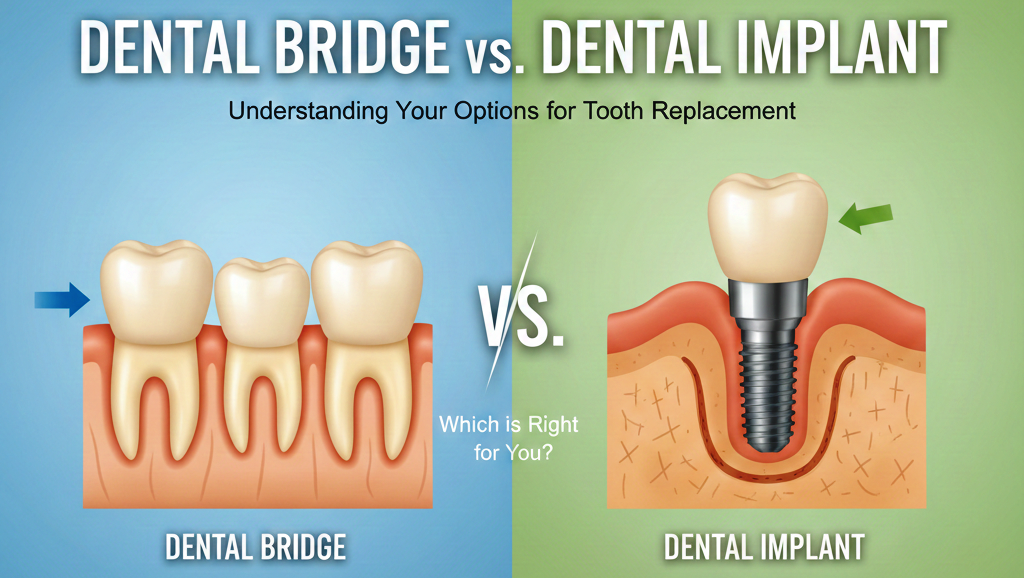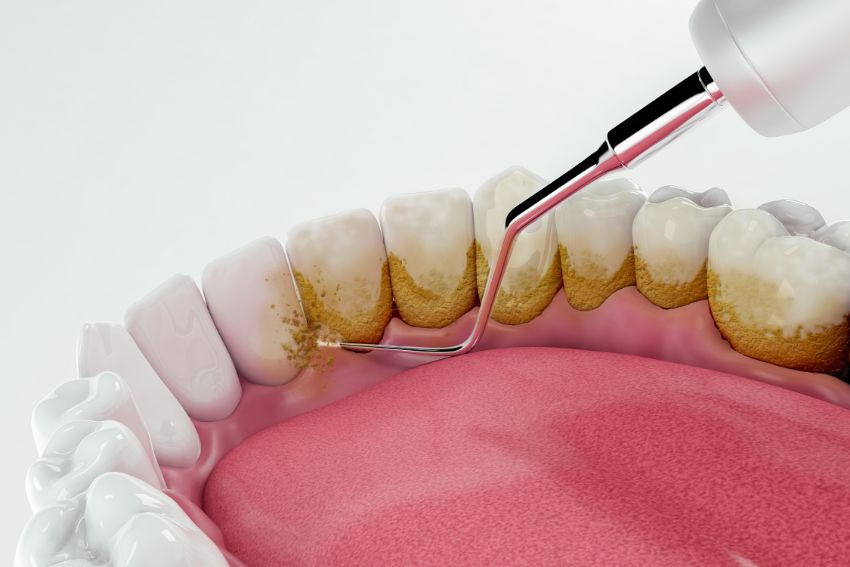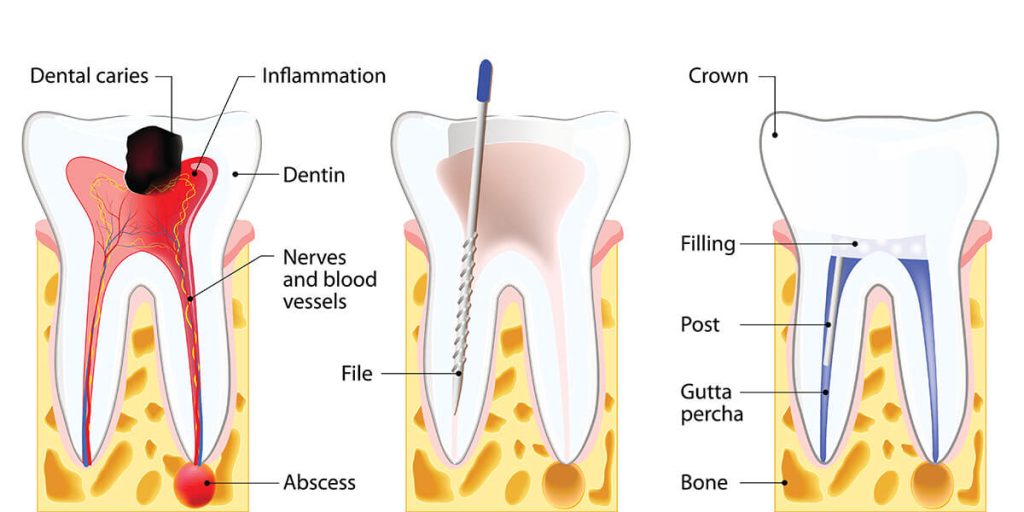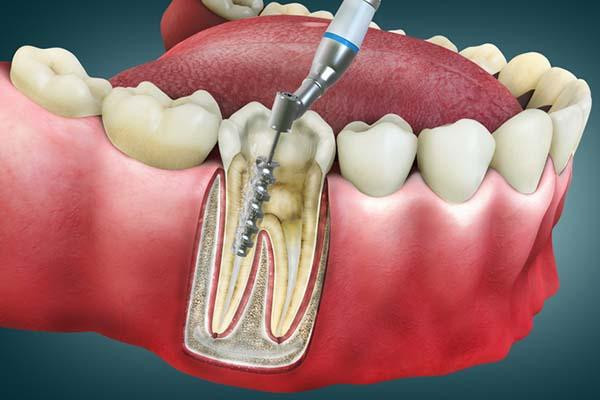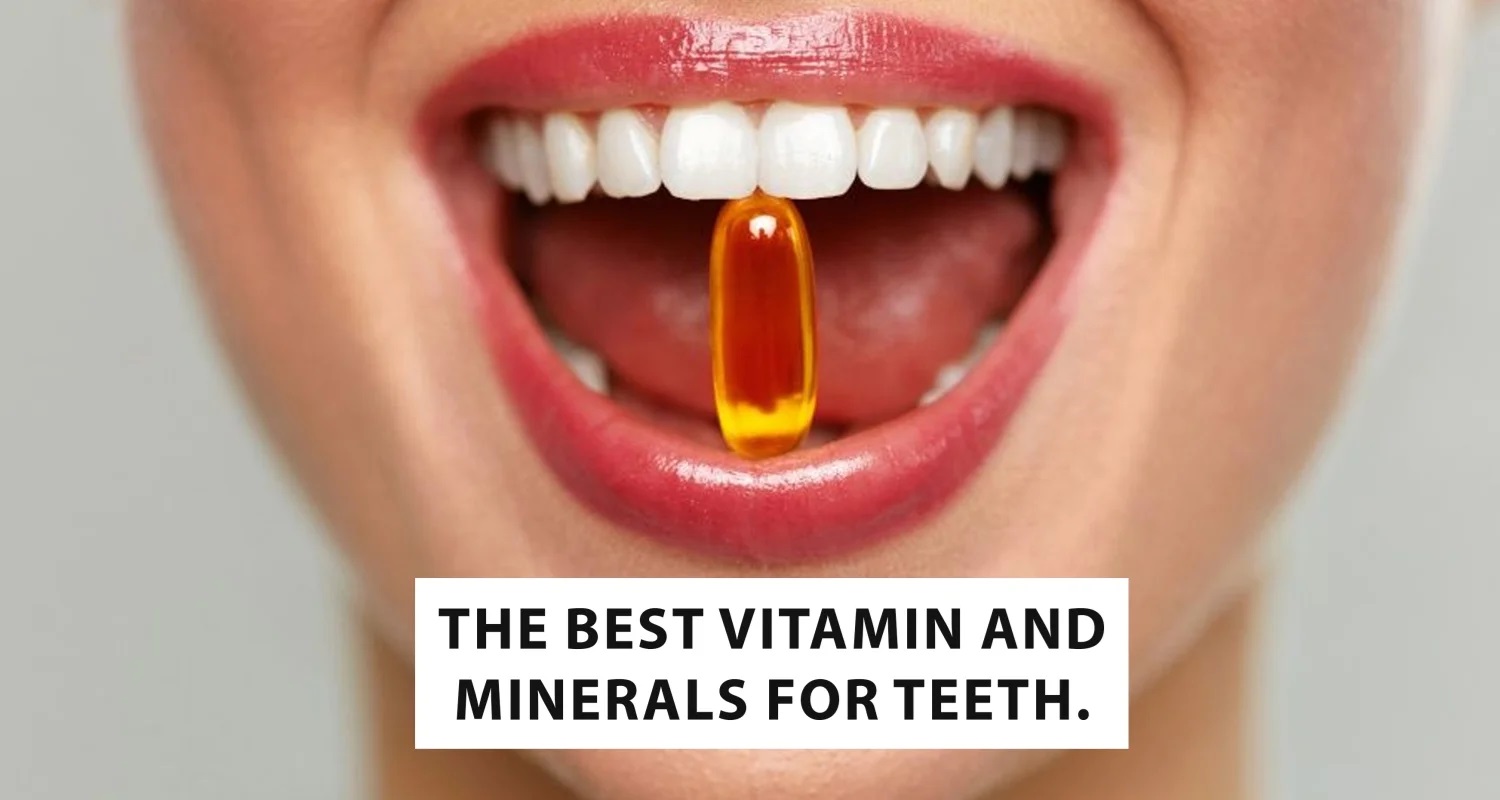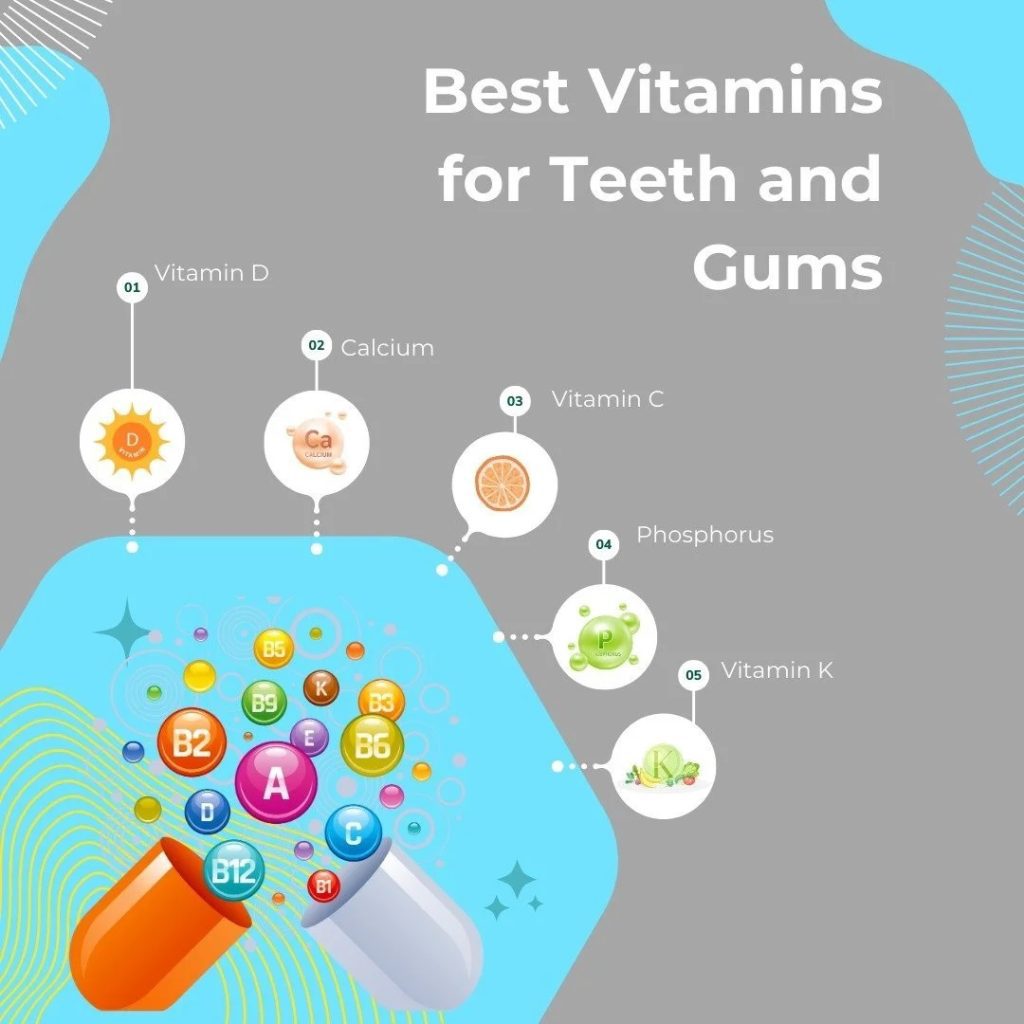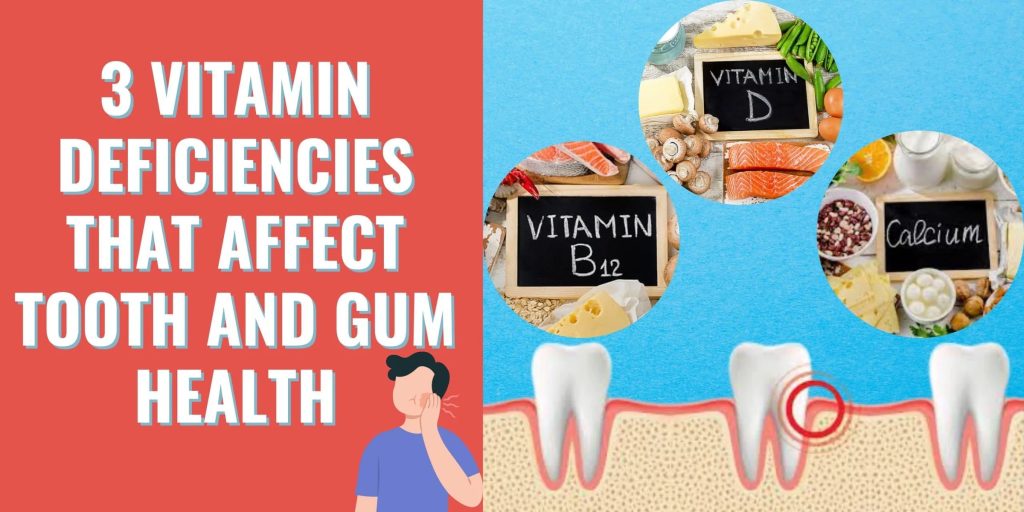Dental bridges and dental implants are two of the most popular dental procedures to get a new tooth in the place of a missing or extracted tooth. However, both are different from each other in terms of their treatment process, cost involved and durability or longevity.
Choosing between these or which one is suitable for you would be possible only when you understand the actual difference between both of them. So, right here we are going to discuss about the difference between dental implants and dental bridges, and which one is better.
What is Dental Bridge Procedure?
Bridge in the teeth is kind of dental procedure use to create a type of bridge between two missing teeth. Dental bridge fills the gap of missing teeth with new one with the support of other two neighbouring teeth. In fact it is kind of dental crown with three attached with each other, in which two of both ends are capped on the existing teeth creating a bridge for the artificial teeth that called pontics.
Read Here: Types of Dental Procedures Used for Treatment of Teeth Diseases
Abutments are the structures used to support your dental bridge to fill the gap between two teeth. One of the main motives of dental bridge is to cement the new tooth to restore the proper functioning of teeth and make your overall teeth appearance better and aesthetic.
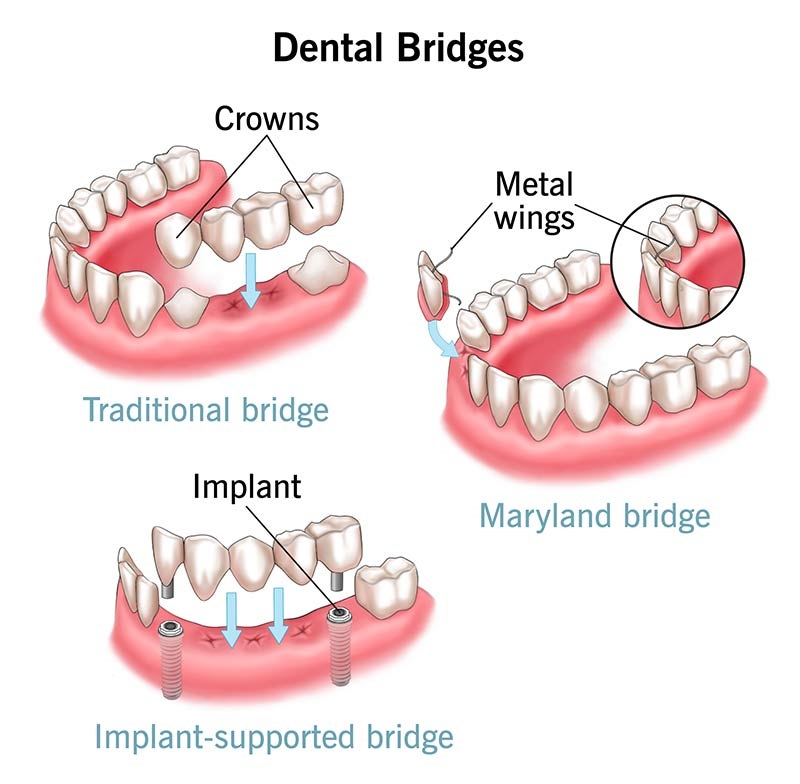
What is Dental Implant Procedure?
Dental implant is procedure of installing the new tooth in place of missing one. It is a kind of surgical procedure in which dentist uses the titanium post to implant the new teeth covered with custom-made crown. In this dental procedure a new teeth is implanted attached with titanium connected with screws into the threaded post to provide the better strength and long lasting performance.
Read Here: What is Dental Implantology & How are Dental Implants Done?
Implants are used to provide the natural functioning of the teeth with aesthetic rehabilitation. And one of best advantage of implants is it fuses your jawbone and not going to decayed like your teeth. It can provide the more strength and better functioning of chewing to entire teeth structure.
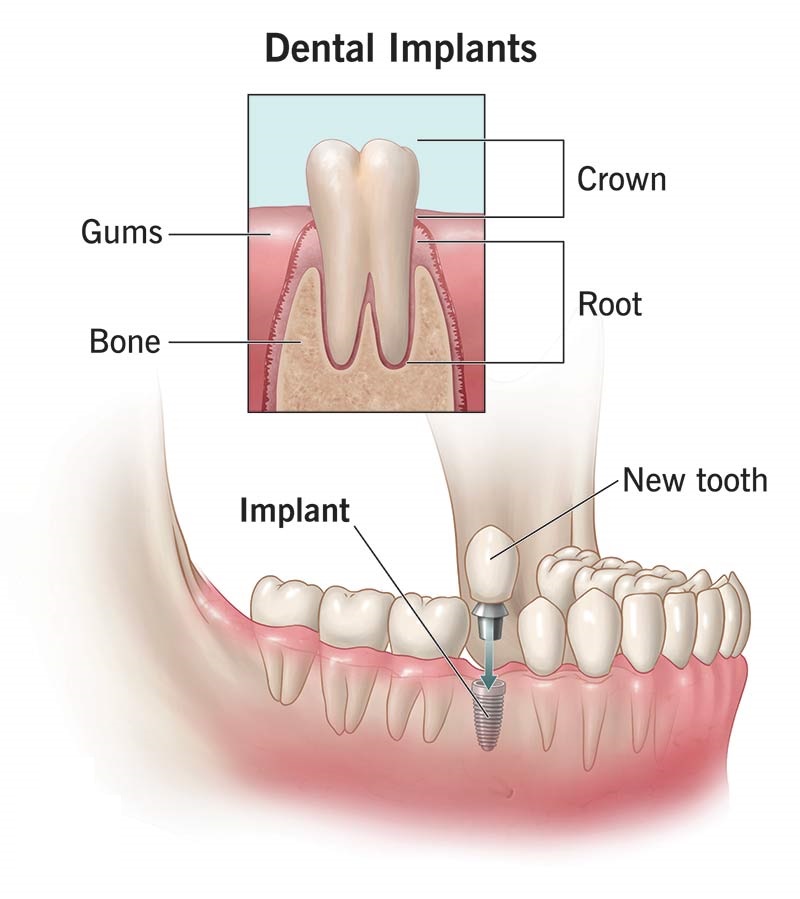
Difference Between Dental Implant and Bridge:
| Aspects | Dental Bridges | Dental Implants |
| Description | Dental bridge is kinds of bridge create for the missing tooth between two teeth. The other two beside teeth provide support to the new tooth create through a bridge to give a natural look. | Dental Implants are process of implanting the new tooth in place of missing or extracted tooth. The implant is different from bridge in terms of installation and treatment procedure followed. |
| Dental Procedure | A false tooth which also called the “pontic” is used to place through a crown on the other two neighbouring teeth. Compare to implants it is less complicated and don’t require surgeries. | A titanium post is surgically placed in the jawbone to provide a strong support to the new tooth. It involves surgical process with more complicated procedure compare to bridges. |
| Level of Pain | Level of pain in the dental bridges is low or less compare to implants as there is no surgical process involved. | The level of pain or discomfort is high compare to bridges, as surgical treatment process is followed here. |
| Bone Health | It can lead to loss of bone, as there is missing tooth and there could be deterioration of the jawbone over time. | It prevents the loss of jawbone by providing the stimulation to the jawbone and preventing bone resorption. |
| Effect on Neighbouring Teeth | Both sides of neighbouring teeth are used to modify or alter to provide support for the bridge. | In this process, don’t need any such modification or alteration to any other neighbouring teeth. |
| Appearance | The look and feel of teeth installed through bridges may not look natural like implants. | The tooth installed through implants look more aesthetic with natural look and feel. |
| Durability | Bridges may last up to 5 to 15 years depending on your teeth condition and oral care. | Implants last longer compare to bridges and last till the lifetime if properly cared. |
| Maintenance | To maintain bridges you need special cleaning especially around the bridges with extra precautions. | It require regular brushing, flossing or professional cleaning at the dentist on the occasional basis. |
| Cost of Treatment | The cost of treatment is lower than implants, but may involve recurring costs due to longevity. | The cost of treatment is high compare to bridges but potentially lower in the long-term performance. |
| Advantages | Less time, cost, complications and pain involves with faster recovery and functioning of tooth. | It is long lasting dental procedure providing the natural look and requires less care or maintenance. |
| Disadvantages | Less durable or lower longevity with more artificial look and feel or need extra care and precautions. | It is a costly surgical procedure with more complicated, time taking and painful treatment process. |
| Suitable For People | It is suitable for people having missing tooth with healthy teeth or implants are available on either side to anchor them to fill the gaps for maintaining the bite balance or restore the chewing. | It is suitable for people looking for a durable, natural-looking tooth to replace the missing tooth but having the healthy gums, sufficient jawbone, and good overall health to go through the surgeries. |
Dental Bridge or Implant, Which is Better?
The dental bridges are quicker option with less cost of treatment or can be installed easily with fewer complications. However, to perform this alteration of other teeth is also required and it is not durable as much as implants, and may need replacement sooner or later.
While on the other hand, dental implants may involves the high cost of treatment due to complicated surgical procedure, but can give a strong and durable tooth. It can provide the better and stronger chewing experience with more aesthetic and natural look while maintaining its functionality.
Why is an Implant Better than a Bridge?
Dental implants are better option compare to dental bridges in terms of providing the long-lasting and natural looking teeth structure. The dental bridges can last up to 5 to 15 years, while implants can last more than 30 years making better option for the people don’t want to visits at dentist for new tooth.
Read Here: Why Dental Implants Are Important and its Benefits?
A titanium post is used to install the new tooth through implants; it is better option compare to bridges, where two neighboring teeth are used to support the new tooth. And bridges are not stronger as much as implants and you might need frequent visits to check the crown and its functionality.
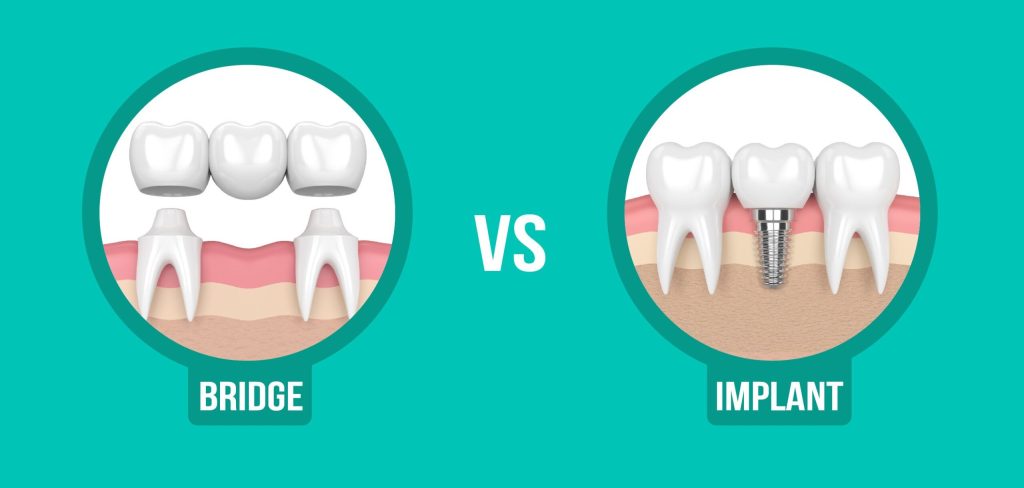
Bridges could be a cheaper option or are less invasive but can strain supporting teeth and don’t prevent bone loss below the missing tooth, leading to potential issues later. While implants involves high cost of treatment but prevents the bone loss and potential damage to adjacent teeth.
Conclusion
Dental implants and dental bridges both have their own pros and cons and you can choose them as per your needs, budget, and long-term goals. However, when you visit at your nearest dental clinic for dental bridges or dental implants services in Greater Noida, the dentist will suggest which is suitable for you. However, if you are looking for affordable and quicker solution for your missing teeth you can choose the dental bridges but dental implants can be better option if you can afford and looking to invest in permanent dental solution with more aesthetic look and feel for your mouth.

